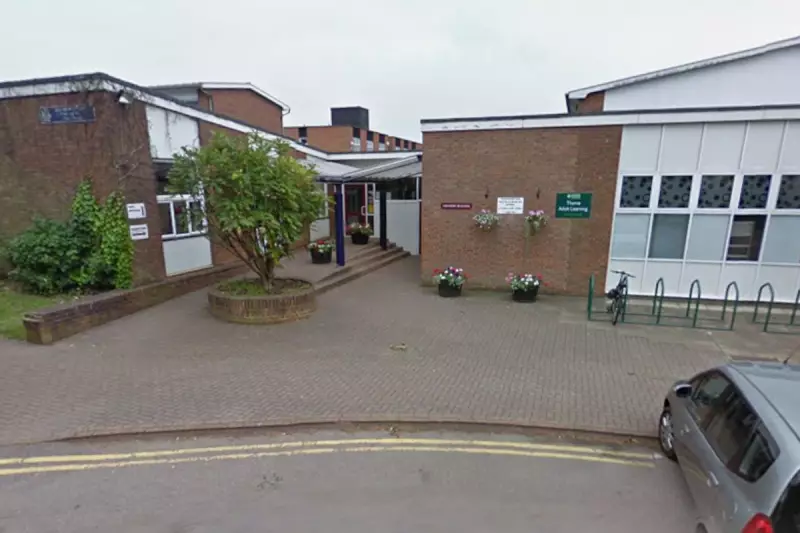
Three secondary school students were rushed to hospital last week after allegedly consuming water contaminated with a chemical substance during a science lesson at their Oxfordshire school.
Incident Details at Lord Williams's School
Emergency services were called to Lord Williams's School in Thame after reports that pupils had ingested copper sulphate, a bright blue chemical compound commonly used in educational laboratories.
The incident occurred when a student allegedly took the chemical from a laboratory and added it to water bottles, apparently attracted by its vibrant colour that turns water bright blue. According to school authorities, the substance involved was diluted copper sulphate.
Hospital Treatment and Recovery
All three affected pupils required overnight observation in hospital following the incident. Copper sulphate ingestion can cause significant digestive system irritation and potentially lead to symptoms including nausea, vomiting, diarrhoea and upper abdominal pain.
Fortunately, according to medical experts from the US National Pesticide Information Centre, vomiting may help limit the poisonous effects by expelling the substance from the body. The Oxford Mail confirmed that all three children have since been discharged from hospital and returned safely to their families.
School and Police Response
Headteacher Neil Dimbleby addressed the situation publicly on Monday, confirming that Thames Valley Police had been informed and were supporting the school throughout their investigation into the matter.
"We are pleased to report that the students are all now safely at home," Mr Dimbleby told local media. The incident prompted at least one parent to contact police directly, though Thames Valley Police representatives were unavailable for comment when approached by The Independent.
Lord Williams's School, which accommodates approximately 2,200 students, operates as a co-educational secondary academy. The incident has raised questions about laboratory security protocols and chemical storage procedures in educational settings.
Copper sulphate, while useful for educational demonstrations about chemical properties, serves primarily as a fungicide and herbicide in agricultural contexts, employed to control fungi, bacteria and algae in various settings.





